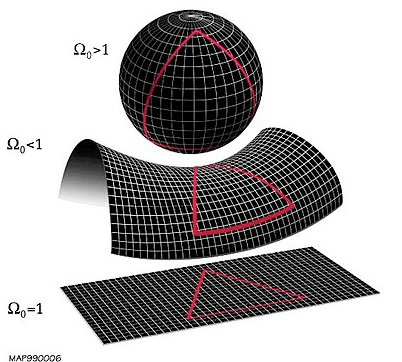I was looking at that article I just gave you yesterday about the reasonable (but unproven) theory (using known observables, what we see in nature) about the very plausible possibility there is a 'smallest possible length' that can exist (in this Universe, that is, in this physics), and realized it might not be that clear without a background in modern physics (even though the writer is quite capable generally), so here's another:
NOVA | PBS --
Are Space and Time Discrete or Continuous?
See, it may be that 'reality' -- that is, physics, aka 'nature' -- might very well have a discrete (aka 'quantized') shortest possible length, determined by nature itself (that is, by this physics we have here in this Universe (the Universe is simply (entirely) just 'physics in action').
This would of course answer your question about scale, in that scale would then be determined in a final and absolute way by this very physics (this 'nature', aka 'Universe') we are in -- so that there is an absolute reference for the scale, and it's only an aspect of physics. So, in a sense then, objects like protons and galaxies would show then part of the fixed range of that absolute fixed scale, which would not be arbitrary (but locked down to a fixed range from the minimum possible length up to the total extent of the Universe).



